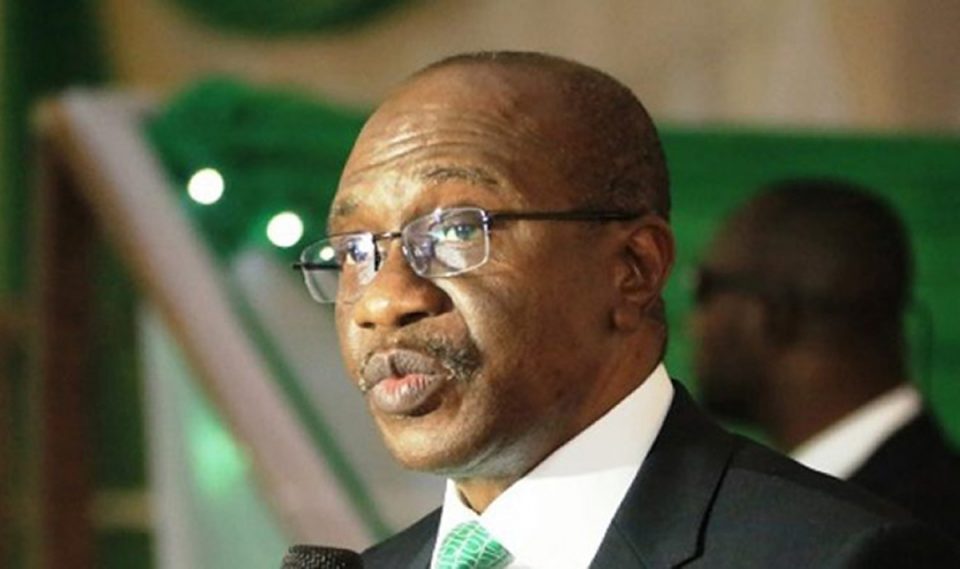An economist, Prof. Evans Osabuohien says the increase of Monetary Policy Rate (MPR) by the Monetary Policy Committee (MPC) Central Bank of Nigeria (CBN) will further put pressure on already pressured private sector.
Osabuohien made this known in an interview in Ota, Ogun on Wednesday.
CBN Governor, Mr Godwin Emefiele, had on Tuesday in Abuja, after the two-day meeting said the MPR will be increased from 14 per cent to 15.5 per cent, Cash Reserve Ratio (CRR) from 27.5 per cent to 32.5 per cent, while Liquidity Ratio remained at 30 per cent.
The MPR is the baseline interest rate in an economy; every other interest rate used within that economy is built on it.
The economist, who is also Head of Economics Department, Covenant University, Ota, said that the loanable funds would be limited and increase the cost of loanable funds to investors.
“The decision of the MPC to hike the MPR will obviously increase the cost of borrowing, whether in the manufacturing or productive sector, thus leading to shortage of loanable funds.
“In addition, the nation should expect higher inflation in the near future,” he said.
Osabuohien explained that the principle adopted by the MPC could not work or achieve the desirable result because there was limited money in the economy.
He said that the nature of nation’s inflation was induced by imported inflation.
The economist maintained that the principle could only work if there were too much money in the circulation.
“The inflation we are experiencing is not money induced, but it is induced more by imported inflation,” he said.
Osabuohien said that those producing goods purchased FOREX at a higher price, which would automatically translate to higher prices to consumers.
He said that the price increase was not domestically induced so the MPC could not use too much money to induce such inflation.
Osabuohien said that increasing MPR would adversely affect the prices of most shares in the stock market.
He noted that since the nation was in the election year, the investors would be sceptical to investment, leading to further withdrawing of investment from the stock market.
The economist stressed that the nation needed to produce goods and services, adding that the country was not currently producing anything, “which is contributing to heightened inflation rate’’.




